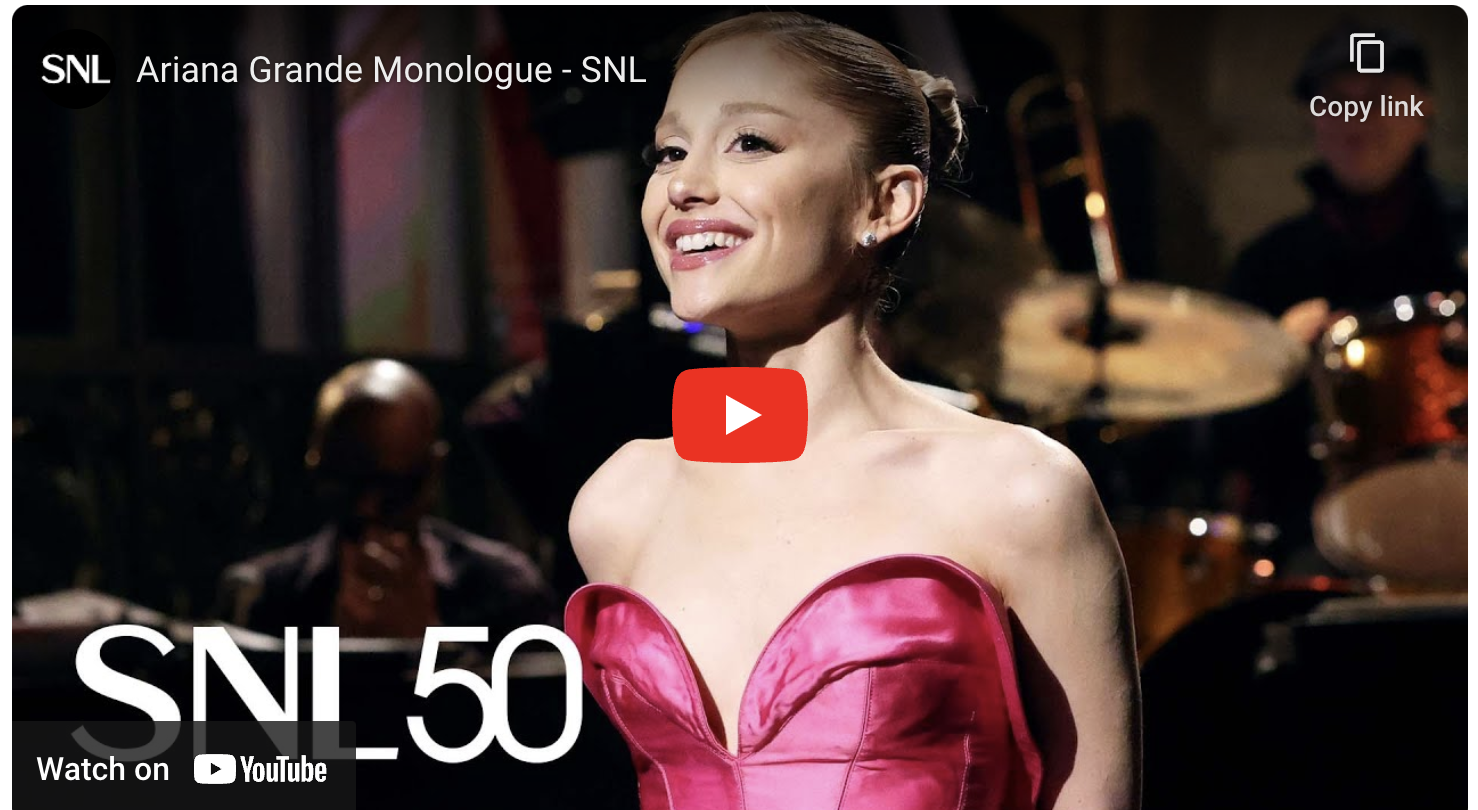Sample: Reading the Reasoning
Read the attached letter below and then an analysis by a student.
AP ENGLISH LANGUAGE AND COMPOSITION
FREE RESPONSE QUESTIONS
QUESTION 2
(Suggested time—40 minutes)
The letter below was written in November of 1958 by acclaimed author John Steinbeck. He received a letter from his eldest son Thom, who was attending boarding school at the time. Thom had met a young girl named Susan and believed he was falling in love with her. He asked his dad for advice, and Steinbeck wrote back the letter below. Read the letter carefully. Then, in a well-written essay, analyze how the rhetorical strategies Steinbeck uses reveal his purpose in writing the letter.
Dear Thom:
We had your letter this morning. I will answer it from my point of view and of course Elaine will from hers. First—if you are in love—that’s a good thing—that’s about the best thing that can happen to anyone. Don’t let anyone make it small or light to you.
Second—There are several kinds of love. One is a selfish, mean, grasping, egotistical thing which uses love for self-importance. This is the ugly and crippling kind. The other is an outpouring of everything good in you—of kindness and consideration and respect—not only the social respect of manners but the greater respect which is recognition of another person as unique and valuable. The first kind can make you sick and small and weak but the second can release in you strength, and courage and goodness and even wisdom you didn’t know you had.
You say this is not puppy love. If you feel so deeply—of course it isn’t puppy love. But I don’t think you were asking me what you feel. You know better than anyone. What you wanted me to help you with is what to do about it—and that I can tell you. Glory in it for one thing and be very glad and grateful for it.
The object of love is the best and most beautiful. Try to live up to it. If you love someone—there is no possible harm in saying so—only you must remember that some people are very shy and sometimes the saying must take that shyness into consideration. Girls have a way of knowing or feeling what you feel, but they usually like to hear it also. It sometimes happens that what you feel is not returned for one reason or another—but that does not make your feeling less valuable and good.
Lastly, I know your feeling because I have it and I’m glad you have it. We will be glad to meet Susan. She will be very welcome. But Elaine will make all such arrangements because that is her province and she will be very glad to. She knows about love too and maybe she can give you more help than I can.
And don’t worry about losing. If it is right, it happens—The main thing is not to hurry. Nothing good gets away.
Love,
Fa
A student’s response
(Notice what she does well. Is there anything you would have done differently or have you noticed other strategies or moves not mentioned in the analysis?)
The Romantics wrote of love as a deeply passionate, hurried experience where there didn’t appear to be enough time in the day “to gather ye rosebuds while ye may.” As a Realist, Steinbeck’s tempered advice to his son cautions him to seek the “right” love, to take his time, but his advice is not cynical, typical of a Realist writer’s perspective as he does recognize that his son will know that when it is “right,” it is “beautiful.”
From the start, Steinbeck clearly defines his understanding of love. For him, firstly, and most importantly, love “is the best thing that can happen to anyone.” By placing this first, Steinbeck prioritizes love as the best experience a person can have and that what his son is experiencing is a genuine human response that should not be belittled or made fun of.
Once Steinbeck has placed the feeling of love above all else, he then defines the two types of love. He describes bad love as “ugly and crippling,” listing sharp, divisive diction to show the pitfalls of this love, love that is “selfish, mean, grasping, egotistical,” using asyndeton to develop a seemingly never-ending list of bad in this type of love. In defining good love, Steinbeck softens his rhetoric using polysyndeton to slow the pace of the writing, of the love that is one of “kindness and consideration and respect.” His antithetical construction in his final treatise on love establishes a contrast between how one feels when love makes one feel “sick and small and weak” versus love that serves to give one “strength, and courage and goodness and even wisdom.” The added qualifier in using “even” to disrupt the parallel construction highlights just how valuable the right kind of love is.
Steinbeck then shifts his approach from how he sees and experiences real love to answering what it is his son has asked of him, to help his son do something with this love. He advises him to “live up” to the best version of what love can be but then cautions again that the sharing of love can be tricky. Using conditional phrasing, “If you love someone,” Steinbeck carefully treads the difficulty of a response that may not be what his son expects, but lifts him up by suggesting that even in rejection or a cold-hearted or shy response, that his son’s feelings are no less “valuable and good.”
Steinbeck shifts again in the final part of the letter making what his son is feeling relatable to his own understanding of love validating, again, that what his son feels is something special. He indicates that he knows how “[his son] is feeling,” but concedes, too, that if seeking better advice, that his wife may have a more compassionate and wise understanding that she “knows about love too” and “can give you more help than I can.” He appears to acknowledge his own weakness in the affairs of woman and love leaving it to his wife to help his son with Susan.
Steinbeck’s gentle handling of his son’s first confession of love (that is not “puppy love”) is a sincere and caring handling of the feeling of love. He takes pleasure in his son experiencing the beauty of love and uses his experience to encourage but also provide realistic caution to prepare his son for the possible experience of “losing,” for if his love is truly the “best and most beautiful,” then there’s no rush. “Ye rosebuds” can wait.
Contents



Or has our meme-addled culture canceled oratory?